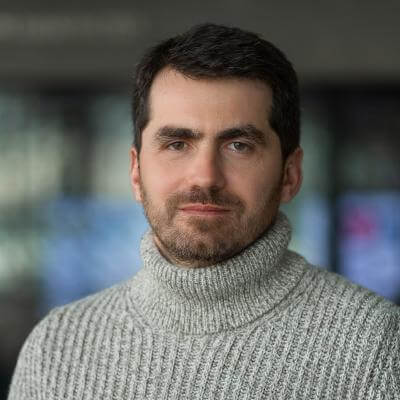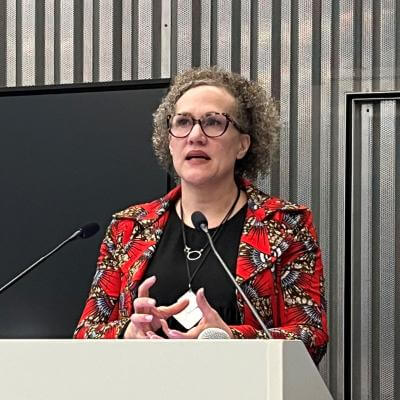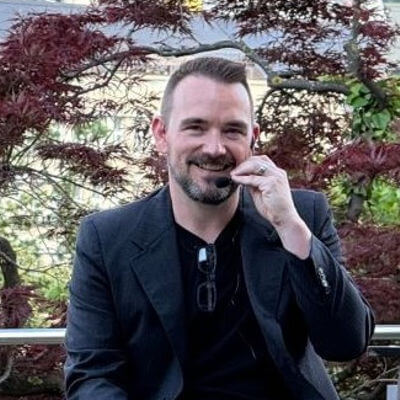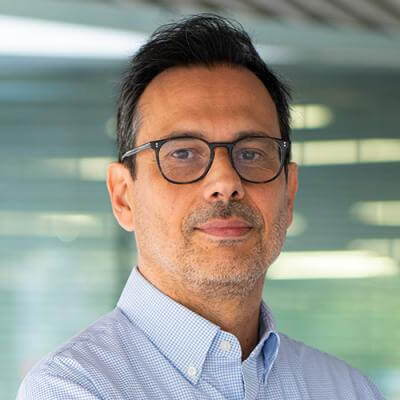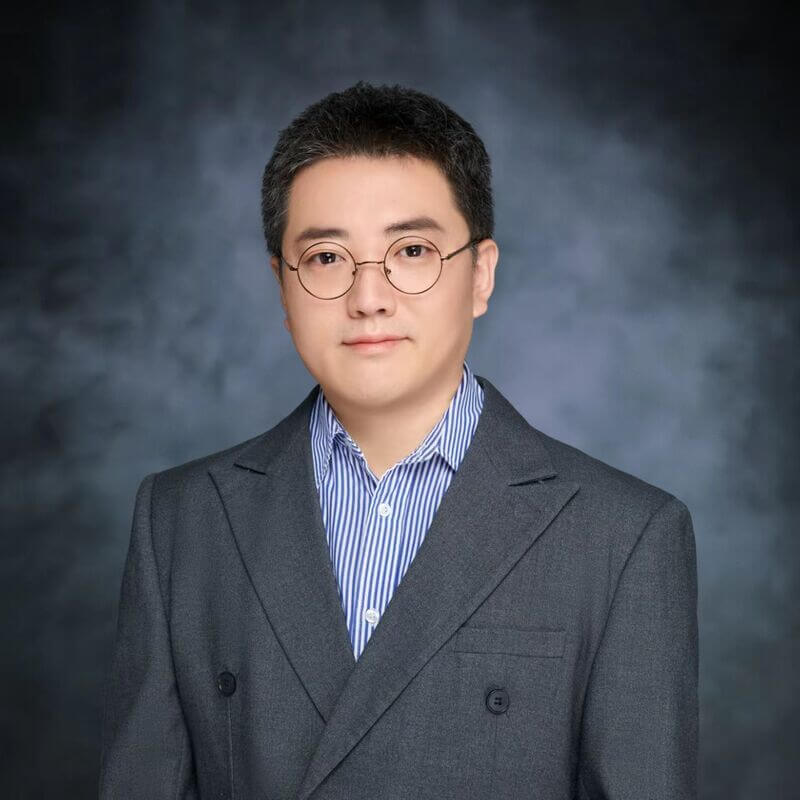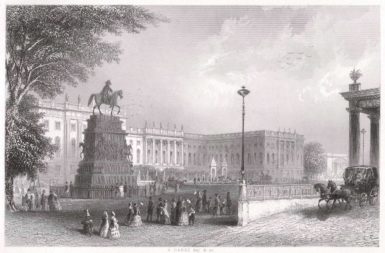Futures of Higher Education and the Recovery of Purpose
Over the last three decades of neoliberal globalisation, new policy languages have emerged for talking about the futures of higher education. Words like excellence, efficiency, entrepreneurship and employability saturate conversations about the work of universities – in policy and leadership circles, but also among students and families. This agenda may have served some postsecondary institutions well, but it has left many higher education systems in a rut of decreasing “ROI” (return on investment) and flailing purpose.
Flying the flag of sustainability is one useful rejoinder to this malaise. Renewed commitment to the civic role that the university can play in participatory democratic politics is another. Yet neither on their own will be sufficient to address the challenges presented by these new higher education policy languages, nor address the shift that has occurred from concerns about the economic impact of universities (a research focus across the last decades of the 20th century) to the current emphasis on the economic value of universities.
Looking to the future, we can see green economy innovations becoming increasingly prominent in the technology transfer work done by universities under the heading of entrepreneurship. We can also envision a continuation of the work being done by diversity, equity and inclusion advocates to reframe excellence and decolonise it. Similarly, there are signals that the efficiency imperatives which introduced so-called “market logics” to higher education are collapsing under their own misaligned weight, as policymakers and societies increasingly affirm higher education as a space apart. Channelling our optimism and outrage, we can envision higher education futures where more and more people recognise that the university as an institution should not and cannot be stamped into yet another corporate mould.
The role of universities in easing entry into the labour market is not something to be ignored. The increasingly common inclination to view higher education through a human capital and human resources prism needs to be challenged, but employability should not be put to the side. After all, students do attend universities because they and their families know that higher education study can be a promising route to rewarding and meaningful work.
The crucial – and too often missing – element is a more robust and more honest appreciation of how economic security is actually achieved. In fact, foregrounding this is our most promising route for successfully binding sustainability and civic engagement together with today’s acute emphasis on the economic value of the university (which is not likely to abate anytime soon).

Well-being and economic security do not simply come from waged labour in the formal economy. As UNESCO’s Reimagining Our Futures Together: A New Social Contract for Education report recently argued, they are provisioned in many different ways. For one, there is the care work done within households – which, when taken seriously, compels us to address gender disparities, elevate the importance of healthy childhoods and reimagine meaningful ways to age. There are also the common good resources of water, atmosphere and a verdant natural world that demand responsible stewardship. And there are the enabling infrastructures, both material and regulatory, that are provided by governments – most successfully, it seems, when there is partnership and public participation.
Entrenched interests and our traditionally compartmentalised approaches mitigate against such broader understandings of what provisions economic security. But here the university – precisely in its uniqueness, diversity and breadth – is ideally suited to take up this challenge and to support individuals, communities and societies in rethinking what it means to produce value in the first place.
We cannot overlook the real and legitimate future employment concerns of higher education students. But this has to go far beyond skills development, STEM (science, technology, engineering and mathematics), internships and workforce transition. Over the next three decades, complex interactions will re-shape the dynamics between care-work, common good resources, public infrastructures and the formal economy in regionally and locally distinct ways. Universities will need to step in and reframe employability in terms of overall economic provisioning, working this into higher education curricula and highlighting it as a crucial strand of academic knowledge production and mobilisation. This cannot be done without also centring sustainability and civic engagement so that when higher education students graduate from their universities, they are launched into lives of provisioning economic security for themselves, their families and their communities that include living well with others and with a more-than-human world.
TABLE: Roles and Missions of the University
| Regime | Role and missions |
|---|---|
| Medieval University | Serving God and Church; Serving Science |
| Westphalian University | Serving Science; Serving State and Nation |
| Postmodern University | Serving Society and Humanity; Serving the Market |
Source: Marie-Laure Salles-Djelic, “Scholars in the Audit Society: Understanding our Contemporary Iron Cage”, in Scholars in Action: Past – Present – Future, ed. Lars Engwall (Uppsala Universitet, 2012), p. 99.
DEFINITIONS: Selection of Terms Related to Higher Education
A university (from Latin universitas “a whole”) is an institution of higher (or tertiary) education and research which awards academic degrees in several academic disciplines. Universities typically offer both undergraduate and postgraduate programmes. The word university is derived from the Latin phrase universitas magistrorum et scholarium, which roughly means “community of teachers and scholars”. (Wikipedia)
Higher education, also called post-secondary education, third-level or tertiary education, is an optional final stage of formal learning that occurs after completion of secondary education. This consists of universities, colleges and polytechnics that offer formal degrees beyond high school or secondary school education. The right of access to higher education is mentioned in a number of international human rights instruments. The UN International Covenant on Economic, Social and Cultural Rights of 1966 declares, in Article 13, that “higher education shall be made equally accessible to all, on the basis of capacity, by every appropriate means, and in particular by the progressive introduction of free education”. (Wikipedia)
A college (Latin collegium) is an educational institution or a constituent part of one. In most of the world, a college may be a high school or secondary school, a college of further education, a training institution that awards trade qualifications, a higher-education provider that does not have university status (often without its own degree-awarding powers), or a constituent part of a university. The word is generally also used as a synonym for a university in the US. (Wikipedia)
Apprenticeship is a system for training a new generation of practitioners of a trade or profession with on-the-job training and often some accompanying study (classroom work and reading). Apprenticeships can also enable practitioners to gain a license to practice in a regulated occupation. Most of their training is done while working for an employer who helps the apprentices learn their trade or profession, in exchange for their continued labor for an agreed period after they have achieved measurable competencies. (Wikipedia)
An information society is a society where the usage, creation, distribution, manipulation and integration of information is a significant activity. Its main drivers are information and communication technologies, which have resulted in rapid growth of a variety of forms of information. Proponents of this theory posit that these technologies are impacting most important forms of social organisation, including education, economy, health, government, warfare, and levels of democracy. (Wikipedia)
A knowledge society generates, shares and makes available to all members of the society knowledge that may be used to improve the human condition. A knowledge society differs from an information society in that the former serves to transform information into resources that allow society to take effective action, while the latter only creates and disseminates the raw data. The capacity to gather and analyse information has existed throughout human history. However, the idea of the present-day knowledge society is based on the vast increase in data creation and information dissemination that results from the innovation of information technologies. (Wikipedia)
Wikipedia
TABLE: The Top 12 Host Countries of International Students in 2022 (by number of students)
| USA | 948'519 |
| UK | 633'910 |
| Canada | 552'580 |
| France | 364'756 |
| Australia | 363'859 |
| Russia | 351'127 |
| Germany | 324'729 |
| China | 296'611 |
| Japan | 201'877 |
| Italy | 125'470 |
| Netherlands | 115'068 |
| Argentina | 108'180 |
Source: Project Atlas.
GRAPH: The Twelve Countries with the Most Universities in 2023
BOX: The Humboldtian Model of Higher Education
The Humboldtian model of higher education or Humboldt’s Ideal is a concept of academic education that emerged in the early 19th century and whose core idea is a holistic combination of research and studies. It integrates the arts and sciences with research to achieve both comprehensive general learning and cultural knowledge. Several elements of the Humboldtian model heavily influenced and subsequently became part of the concept of the research university. The Humboldtian model goes back to Wilhelm von Humboldt, a Prussian philosopher, government functionary and diplomat who, in the time of the Prussian reforms, relied on a growing, educated middle class to promote his claims about general education.
As a privy councillor in the Interior Ministry, he reformed the Prussian education system according to humanist principles. He founded the University of Berlin, appointing distinguished scholars to both teach and conduct research there. Several scholars have labeled him the most influential education official in German history. Humboldt sought to create an educational system based on unbiased knowledge and analysis, combining research and teaching while allowing students to choose their own course of study. The University of Berlin was later named the Humboldt University of Berlin, after him and his brother, the naturalist Alexander von Humboldt. His educational model went beyond vocational training in Germany.
In a letter to the Prussian king, he wrote: “There are undeniably certain kinds of knowledge that must be of a general nature and, more importantly, a certain cultivation of the mind and character that nobody can afford to be without. People obviously cannot be good craftworkers, merchants, soldiers or businessmen unless, regardless of their occupation, they are good, upstanding and – according to their condition – well-informed human beings and citizens. If this basis is laid through schooling, vocational skills are easily acquired later on, and a person is always free to move from one occupation to another, as so often happens in life.”
The philosopher and former State Minister for Culture of the Federal Republic of Germany, Julian Nida-Rümelin, has criticised discrepancies between Humboldt’s ideals and the contemporary European education policy, which narrowly understands education as preparation for the labor market, arguing instead that one needs to decide between McKinsey’s and Humboldt’s ideals.
Wikipedia
VIDEO: What Are Assets, and Why Do They Matter?
Additional information: https://www.lancaster.ac.uk/universities-and-unicorns/.
Source: Science Animated, https://sciani.com.
VIDEO: What Are the Key Tensions in Educational Technology?
Additional information: https://www.lancaster.ac.uk/universities-and-unicorns/.
Source: Science Animated, https://sciani.com/.
VIDEO: The UNESCO Chair in Comparative Education Policy, with Chanwoong Baek
Research Office, Geneva Graduate Institute.
VIDEO: University in Question, with Marie-Laure Salles
Research Office, Geneva Graduate Institute

